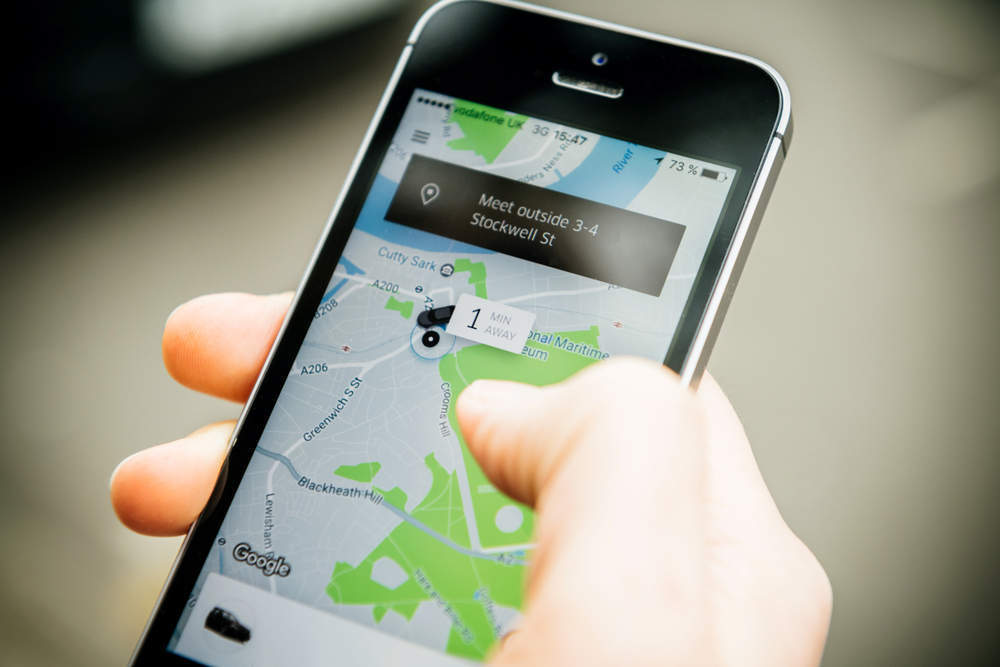
Transport for London (TfL) — the UK capital’s transport regulator — has said it plans to get tough on ride-hailing app Uber and its competitors.
One idea TfL has put forward in a policy document out today could force Uber to allow female passengers to choose to only share vehicles with other women.
Operators should provide mechanisms to allow passengers to choose who they share vehicles with (eg women-only vehicles) and establishing how passengers might be able to decide on this before accepting a ride.
This would apply to UberPool and other similar options offered by other companies.
TfL’s women-only ride sharing proposal is listed alongside other suggestions about how to achieve “a safe, active, sustainable and efficient transport network” through the prioritising of customer service and safety.
How well do you really know your competitors?
Access the most comprehensive Company Profiles on the market, powered by GlobalData. Save hours of research. Gain competitive edge.

Thank you!
Your download email will arrive shortly
Not ready to buy yet? Download a free sample
We are confident about the unique quality of our Company Profiles. However, we want you to make the most beneficial decision for your business, so we offer a free sample that you can download by submitting the below form
By GlobalDataThese include making it clear how passengers can raise concerns about fellow passengers on shared services and how drivers can complain about specific passengers.
What this means:
The new idea is a recommendation, it is not a rule that has been implemented.
However, TfL has included the suggestion as one of the areas “where we will seek further regulatory change in the future”.
The proposal is vague – it is currently unclear whether decisions about choosing who to share vehicles with will be extended beyond gender and potentially include selections based on race or sexual orientation.
Therefore, it is currently unclear what the impact of this idea will be on Uber’s UberPool service and similar offerings by other taxi companies.
In general, this policy statement helps the public to better understand TFL’s position regarding Uber and other taxi companies and the direction TFL could be moving in the next few years.
Background:
In September last year TfL did not renew Uber’s private hire operating license on the basis that Uber’s approach and conduct implied a “lack of corporate responsibility in relation to a number of issues which have potential public safety and security implications.”
Uber initiated the legal process to appeal TfL’s decision at the Westminster Magistrates’ Court in December.
Whilst the appeal process is underway, which London Mayor Sadiq Khan admitted could take years, Uber will be able to continue operating in London.
Other UK cities have also moved to ban the San Francisco-based startup.
Sheffield and York both suspended Uber’s licence to operate – Sheffield later lifted the suspension and the city council will consider Uber’s application to operate private hire cars with a decision predicted for early 2018.
Brighton only extended Uber’s license for another six months.
In late December the European Court of Justice ruled that Uber is a transport service, rather than a digital intermediary between drivers and customers as it claims to be.
Subsequently Uber can only operate with a transport license and will be subject to the rules and regulations of different EU countries.
In the UK it will come under a transport commissioner and will have to set up stable operations bases in the cities where it functions.







